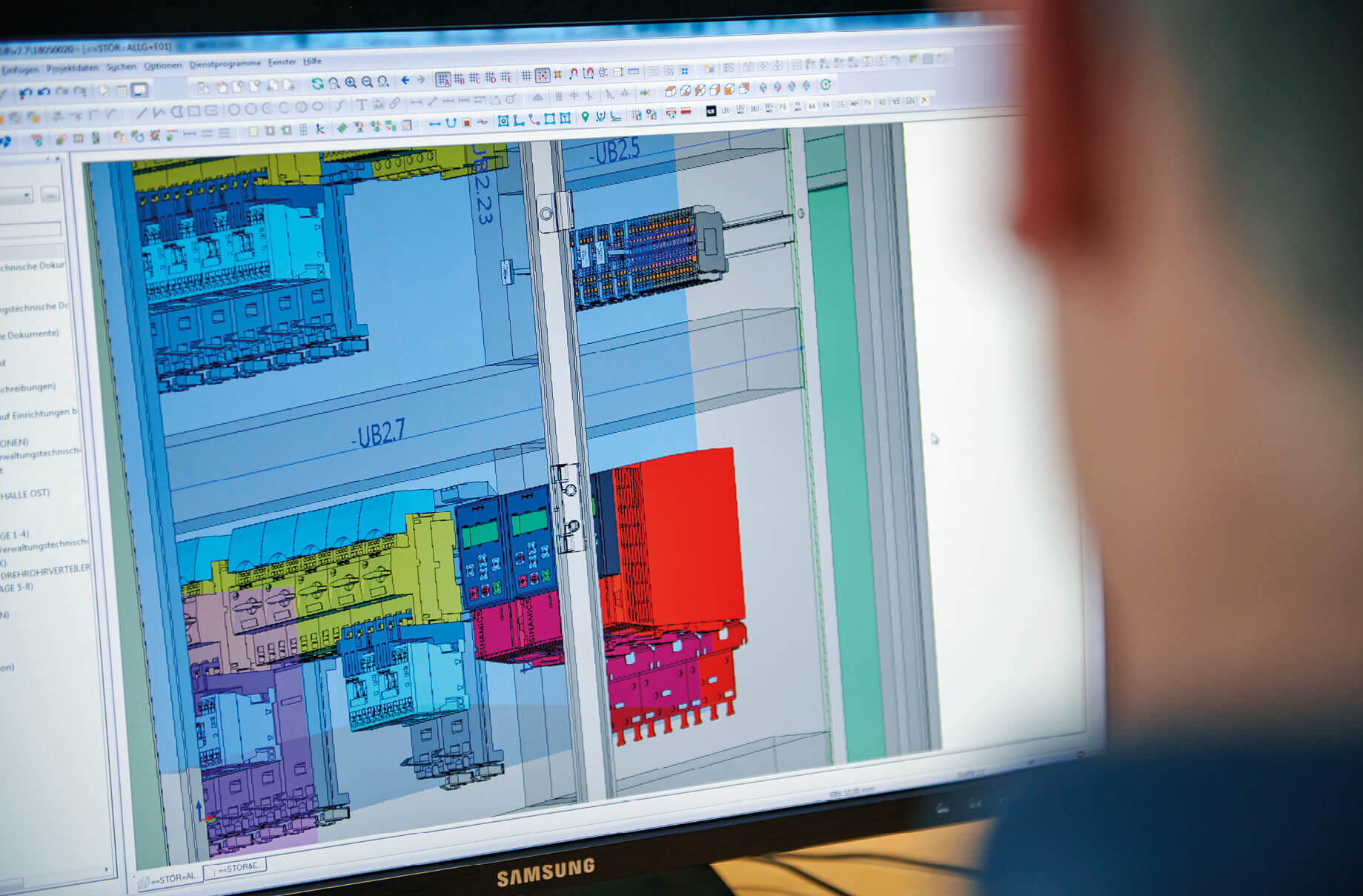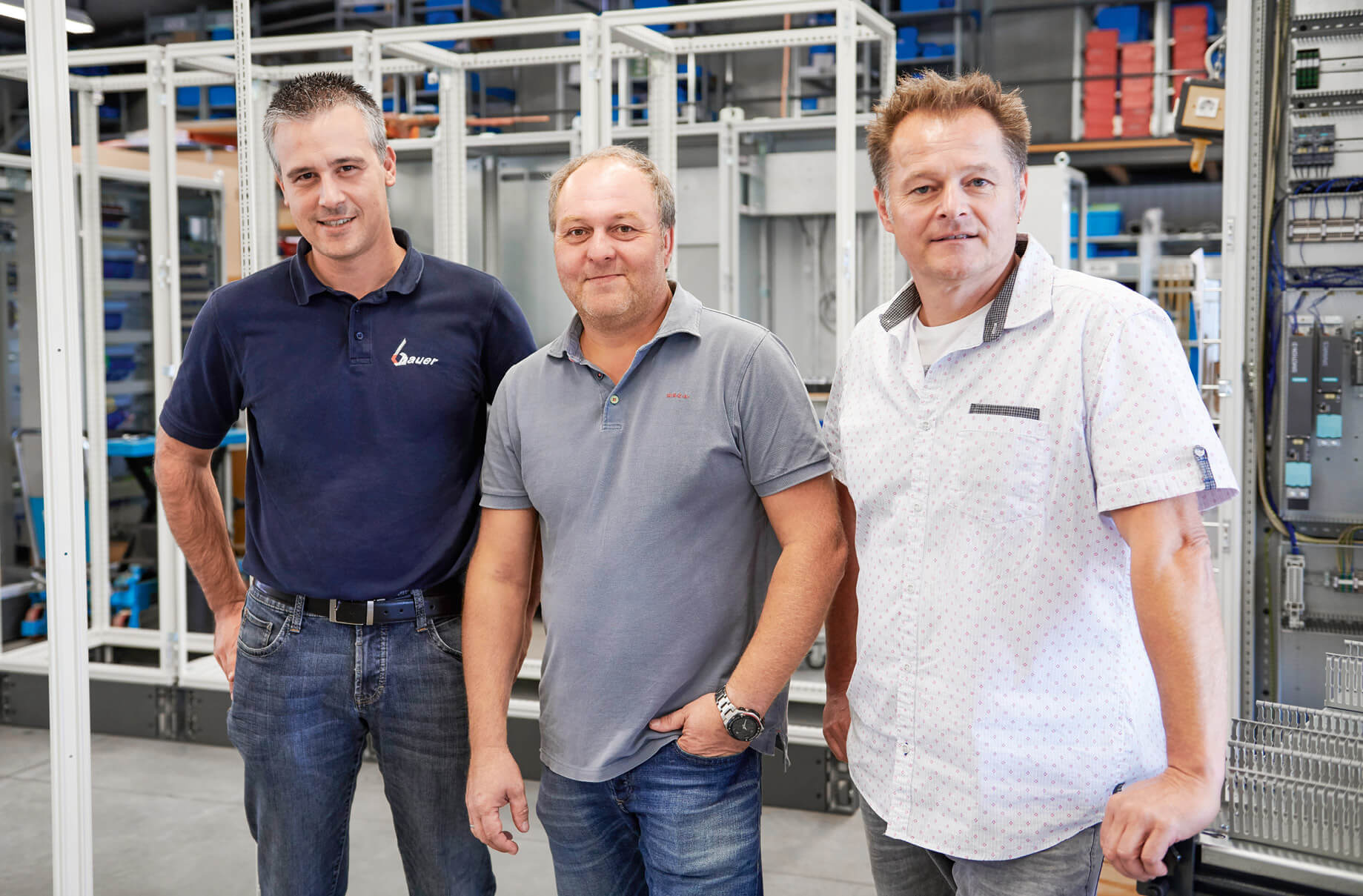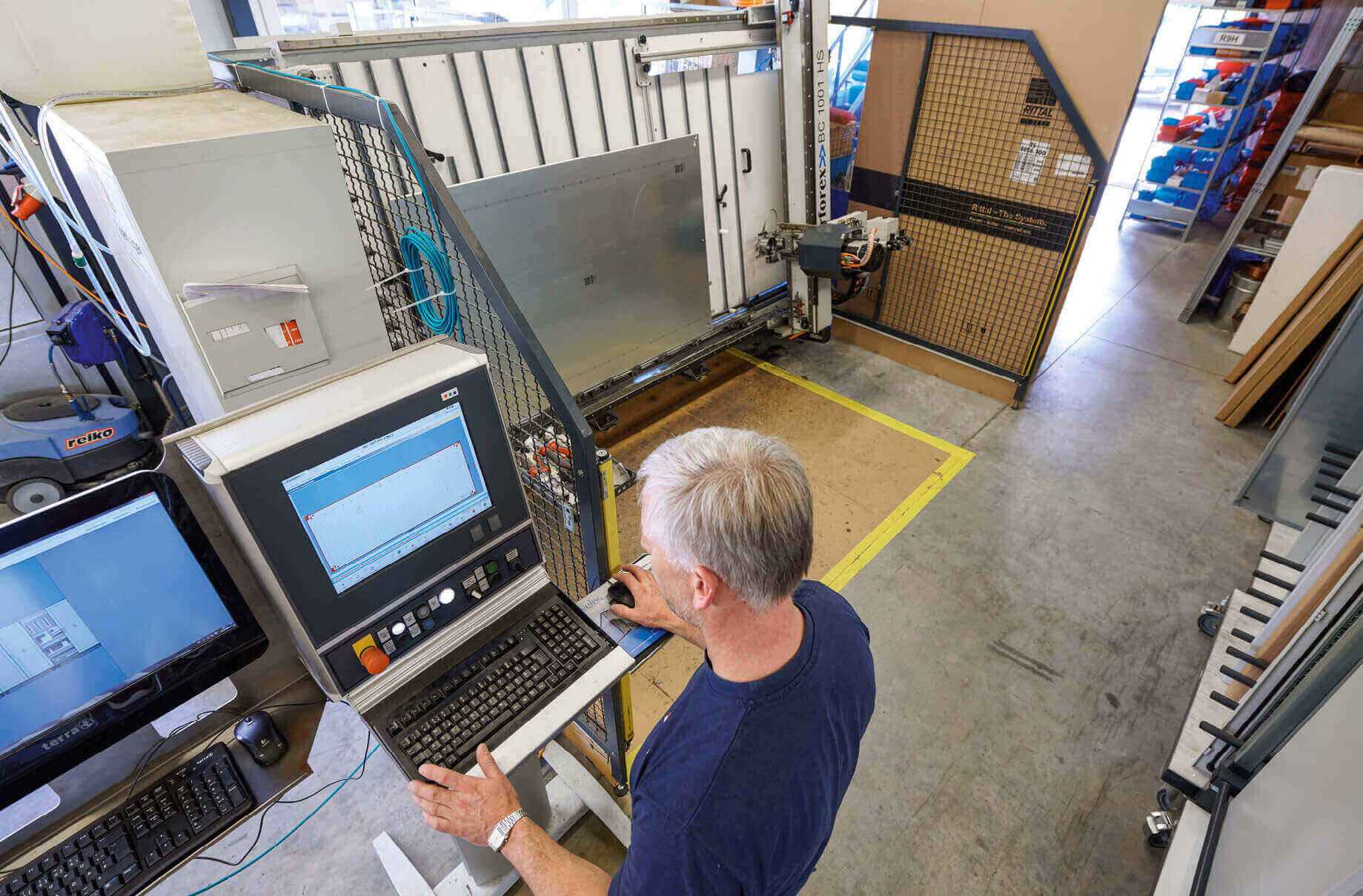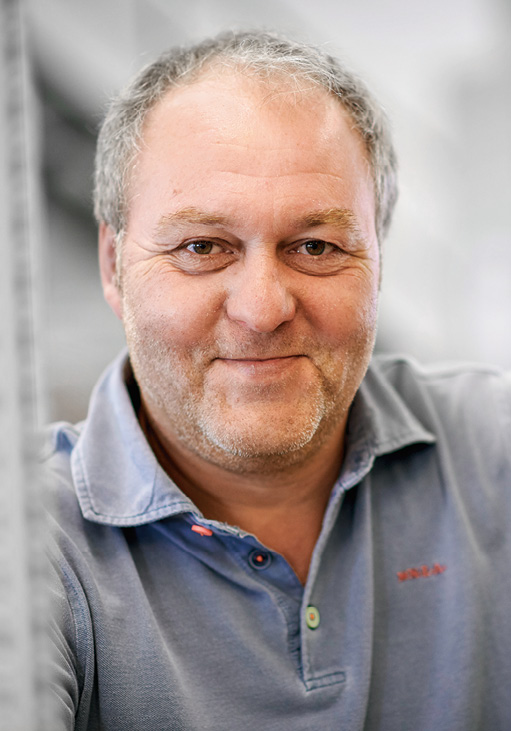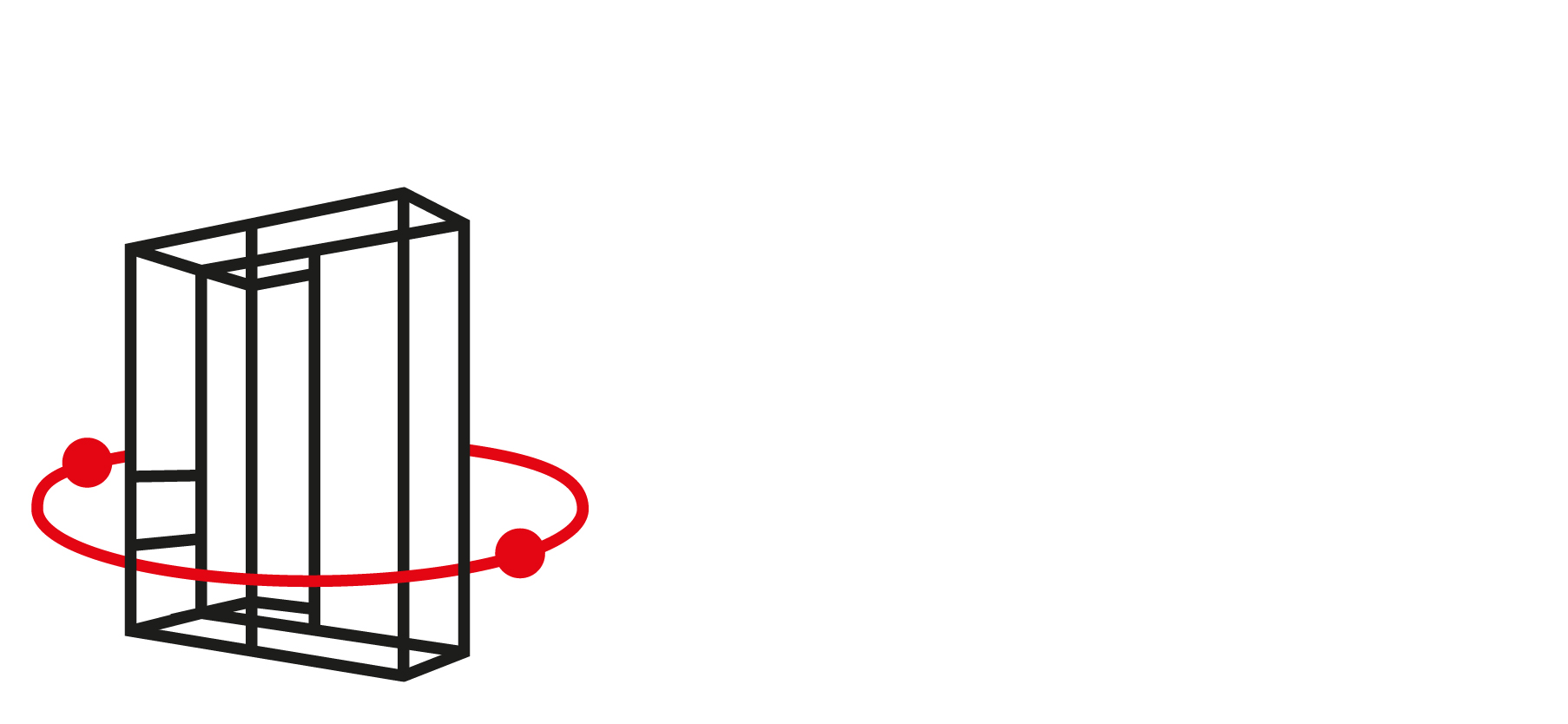Text Dr. Jörg Lantzsch und Hans-Robert Koch ––– Photography
Hartmuth Bauer certainly had his finger on the pulse when, back in 2004, he anticipated just how important having an automated value chain would become. Trusting his intuition, he made the momentous decision at Hannover Messe to order a CNC machining centre that his three workshop employees could use for enclosure parts. The Managing Director was convinced that his company had to have a machining centre like that if it were to be taken seriously in the marketplace. He felt that efficiently automating and regulating workflows was the only way to ensure the business would survive in the market. Back then, the term “Industry 4.0” hadn’t even been invented yet. Nowadays, there’s hardly a single company that isn’t faced with the challenge of digitalizing its work processes.
When Bauer founded his company in 1999, he originally specialised in developing handling systems and controllers for the timber industry. “Yet as time went on, we found we were supplying more and more customers with enclosures incorporating control technology,” recalls Bauer, adding: “So it was only logical that we rename the company and change strategy. We were eager to do it properly from the start.” Today, Bauer Systeme GmbH has a workforce of around thirty.
Based in the southern German town of Bretten, the SME offers a comprehensive portfolio of solutions developed by professionals for professionals. “We see projects through from electrical and 3D planning to production in our workshop and commissioning,” says René Alldinger, who has been a member of the Management Board since 2005. “Our role as a full-service provider gives us a major competitive edge.” Bauer and Alldinger have secured this advantage by rigorously digitalizing their value chain and thereby enabling the business to find the optimum way to implement complex projects. In other words, even large orders are completed swiftly and efficiently – according to schedule and without wasting resources. Given the acute shortage of skilled workers on the job market, Bauer Systeme is turning to automation to stay competitive. “We lay the foundation for automation during the engineering process,” explains Oliver Martin, Head of Electrical Design at Bauer Systeme. The data generated at this stage forms the basis for all other process-es, with both the workshops and the other departments – from purchasing to production planning – using the very same data.
“The Eplan database is the key to our engineering process, which is why we take such care to maintain it,” Martin points out. As the entire production process uses the same database, the quality of the end product very much depends on the quality of the data. Also responsible for database maintenance at Bauer Systeme, Martin ensures the quality of the data is impeccable. “We have a set way of storing data,” he explains. “The data has to be complete. If it’s not, we need to do more work on it,” he adds. Ac-cording to the expert, incorrect or incomplete data very quickly leads to errors further down the line. “The data provided by Rittal in the Eplan Data Portal is of very high quality, which makes design work much easier, particularly when it comes to 3D applications,” says Bauer, who is also very impressed with the solution. “With the new VX25 enclosure, even the mounting points for baying connectors are designed in such a way that the components automatically clip into place when they are correctly positioned.”
MECHANICAL ENGINEERING ROOTS
The company uses Eplan Electric P8 for electrical planning, taking care of 3D con-o Panel. “We use the software to generate a virtual pro-totype,” says Martin. Both the electrical plans and the virtual prototypes are very detailed and therefore pretty extensive. “They form the basis of all subsequent work steps. Generally, the more detailed the planning is, the more efoduction operations are,” he explains. The digitalization of working processes has led to some tasks in the workshop being outsourced to the planning office: "This enables us to carry out projects even if we have limited human resources.” The company’s mechanical engineering roots serve it well, as its employees are now experts in both that sector and in panel building and switchgear manufacturing. That is why Bauer Systeme can offer integrated solutions that utilise end-to-end data management. 3D models from mechanical engineering are imported directly into Eplan, where they are seamlessly put to further use.
Next in line for automation besides electrical planning and production are mechanical engineering and the connection to the ERP system. The extent to which the company has already gone digital becomes quite evident upon entering the mechanical engineering and electrical workshops – neither of which now use printed wiring plans. pursuing digitalization. The Managing Di-rectors are in complete agreement: “We are always open to innovations – but only if they offer us genuine added value.”.
